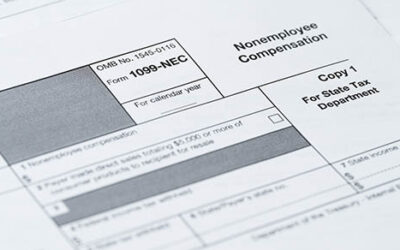If your estate plan includes a revocable trust — also known as a “living” trust — it’s critical to ensure that the trust is properly funded. Revocable trusts offer significant benefits, including asset management (in the event you become incapacitated) and probate avoidance. But these benefits aren’t available if you don’t fund the trust. Have you properly funded your Revocable Trust?
The basics
A revocable trust acts as a will substitute, although you’ll still need to have a short will, often referred to as a “pour over” will. The trust holds assets for your benefit during your lifetime.
You can serve as trustee or select someone else. If you choose to be the trustee, you must name a successor trustee to take over as trustee upon your death, serving in a role similar to that of an executor.
Essentially, you retain the same control you had before you established the trust. Whether or not you serve as trustee, you retain the right to revoke the trust and appoint and remove trustees. If you name a professional trustee to manage trust assets, you can require the trustee to consult with you before buying or selling assets.
The trust doesn’t need to file an income tax return until after you die. Instead, you pay the tax on any income the trust earns as if you had never created the trust.
Asset ownership transfer
Funding your trust is simply a matter of transferring ownership of assets to the trust. Assets you should transfer include real estate, bank accounts, certificates of deposit, stocks and other investments, partnership and business interests, vehicles, and personal property (such as furniture and collectibles).
Certain assets shouldn’t, however, be transferred to a revocable trust. For example, moving an IRA or qualified retirement plan, such as a 401(k) plan, to a revocable trust can trigger undesirable tax consequences. And it may be advisable to hold a life insurance policy in an irrevocable life insurance trust to shield the proceeds from estate taxes.
Don’t forget to transfer new assets to the trust
Most people are diligent about funding a trust at the time they sign the trust documents. But trouble can arise when they acquire new assets after the trust is established. Unless you transfer new assets to your trust, they won’t enjoy the trust’s benefits.
To make the most of a revocable trust, be sure that, each time you acquire a significant asset, you take steps to transfer it to the trust. If you have additional questions regarding your revocable trust, we’d be happy to answer them.


